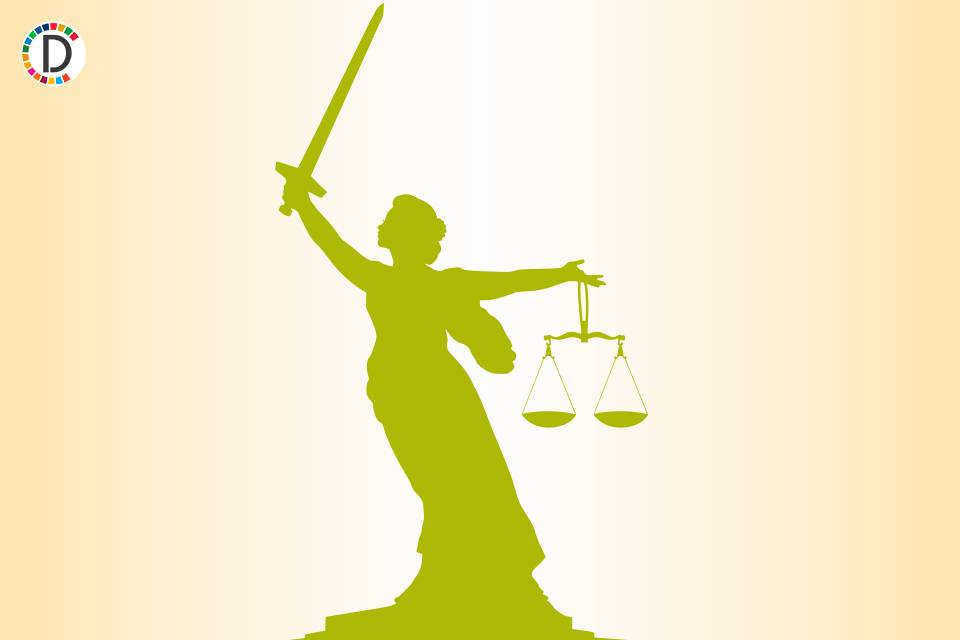Colombia's next government must focus on tackling criminal groups, U.N. says
The government of outgoing President Ivan Duque did not immediately respond to requests for comment on the report. As well as implementing the 2016 peace agreement, Petro should diminish and dismantle illegal armed structures, which include dissident FARC groups that reject the accord and drug-trafficking gangs, as well as consolidate the state presence in areas most affected by violence, the report recommended.

Colombia's next government must prioritize dismantling illegal armed groups and criminal gangs, a report from the U.N. Office of the High Commissioner for Human Rights (OHCHR) said on Tuesday, with rising violence devastating rural communities. Violence in Colombia fell dramatically following the 2016 peace deal between the government and the Revolutionary Armed Forces of Colombia (FARC) rebel group, but illegal armed groups and criminal gangs have expanded their presence over the past two years, according to the report.
"The state's predominantly military response has failed to stop the groups' expansion, with the limited presence of civilian institutions exacerbating the situation," the OHCHR said in a statement accompanying the report. Tackling violence and dealing with the presence of armed groups is expected to be a priority for Gustavo Petro, the 62-year-old economist set on Aug. 7 to become the first leftist president in South America's second most-populous country.
The OHCHR said it verified the killings of 100 community leaders in Colombia in 2021 and has received reports of 114 such killings in the first half of this year, of which it has verified 22. The government of outgoing President Ivan Duque did not immediately respond to requests for comment on the report.
As well as implementing the 2016 peace agreement, Petro should diminish and dismantle illegal armed structures, which include dissident FARC groups that reject the accord and drug-trafficking gangs, as well as consolidate the state presence in areas most affected by violence, the report recommended. Petro has pledged to fully implement Colombia's 2016 peace deal with the demobilized FARC guerrillas and has proposed talks with the National Liberation Army (ELN) rebel group and criminal groups linked to drug-trafficking.
Colombia's top criminal gangs, which are linked to producing and trafficking cocaine, last week proposed a ceasefire to Petro's government as a starting point to peace talks. The state must protect the population from violence in a way that respects international human rights law, U.N. High Commissioner for Human Rights Michelle Bachelet said in the statement.
"The incoming government's focus on peace and the regional implementation of the peace agreement is a sound approach which my office supports," Bachelet said.
(This story has not been edited by Devdiscourse staff and is auto-generated from a syndicated feed.)










